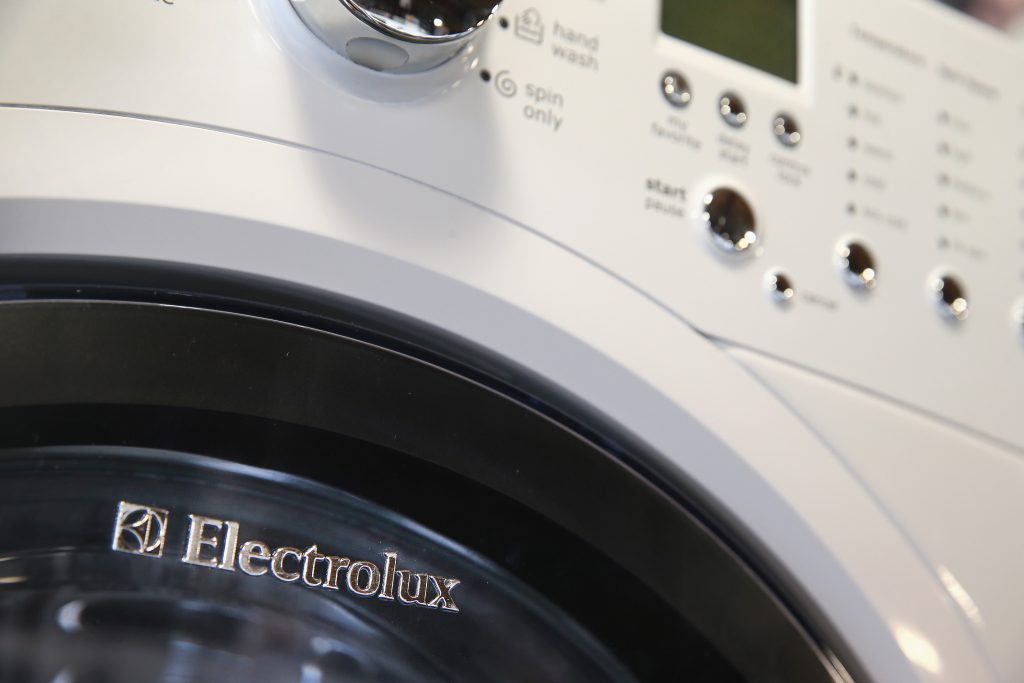 “We’re smack in the middle of a merger wave,” explains American Antitrust Institute president Diana Moss. “You have an environment where you have very few competitors in key markets.”
“We’re smack in the middle of a merger wave,” explains American Antitrust Institute president Diana Moss. “You have an environment where you have very few competitors in key markets.”
On Monday, for example, two of these mega deals were hit hard. First, General Electric had to call off the looming $3.3 billion sale of its appliances division, which was intended to go to Sweden’s Electrolux, after some heavy obstruction from the US Department of Justice.
General Electric said, Monday, “The appliances business is performing well and GE will continue to run the business while it pursues a sale.” The failure of this deal is, of course, a hindrance to the company’s attempt to focus mostly on high-tech industries but the company has, in fact, held its confidence in finding another buyer should the deal fall through.
Furthermore, the United States Federal Trade Commission has also announced it plans to block the upcoming merger of Staples and Office Depot.
Regulators report that in both of these cases, the deals have great potential to raise prices for consumers.
“Each horizontal merger raises concentration. And when market concentration goes up, the likelihood that the next merger will be challenged goes up as well,” explains University of Iowa law professor Herbert Hovenkamp. He continues, “The government has been on a decent roll in merger cases the last couple of years. These are both good examples of that.”
